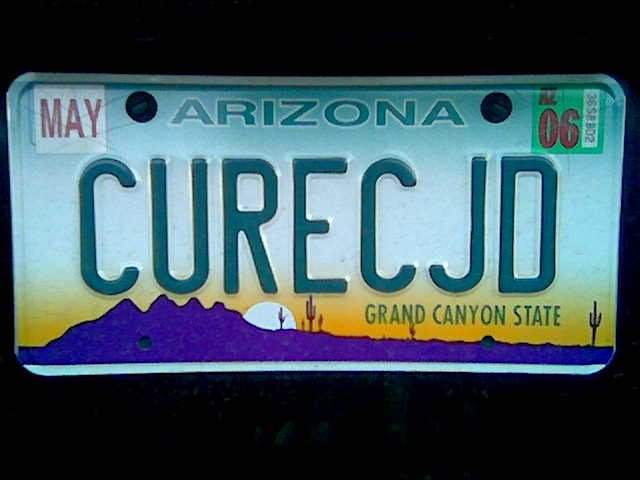Spanish-American dreams
Spanish-American dreams follow along the lines of acceptance, tolerance, and the duality of fitting into two cultures. Whether Hispanic or Latino, chances are you speak two languages and have to oscillate carefully between the traditions of two very different cultures. You switch back and forth between English and Spanish often speaking Spanglish. Like we saw in the movie Tortilla Soup, you may transition between traditional, family-oriented Spanish-American dreams and the overachieving American dream. Maybe that American dream doesn't make you as happy. We saw Carmen in Tortilla Soup go after her MBA but what she really wanted was to work for the family restaurant or to create her own cuisine.
Richard Rodriguez writes about a common theme of how we are drawn to monetary value over moral value again and again. He also talks about how we all together make up one color -- brown. Melt together all our pigmentation and we come out brown. We're a mixture of all pigments, a mixture of all cultures, all traditions, and all kinds of food. Maybe what Rodriguez is trying to say is that we all value the mix. We value it as a whole and we value its individual parts. In America, you can adopt one part of the mix into your life or the whole enchilada.
We make things our own in America; we take ownership of things that aren't our traditions. We blend cultures, as we see in Alfaro's and Pina's poems. They use language in a way that shows their duality. You can speak in Spanish and/or you can speak in English if you are Hispanic. You can walk inside of both cultures as you wish.
Spanish-American dreams are very much about identity, as we saw in Tortilla Soup. That would be identity in the sense of the identity shared in one's family just as much as the Spanish-American identity in our neighborhood, city, and state. Maribel wants to find herself; Carmen wants to cook more than she wants to be a business leader in Barcelona; Letty wants to find love and practice her chosen religion despite what her family thinks of it; and overall each member of the Naranjo family wants the freedom to do their own thing.
Who Is An American?
American-born contractor Raymond Herrera talks about why he can't have the American dream and why he doesn't believe in amnesty. This is the same reason why my father got out of the landscaping business ten years ago; he couldn't get a job to save his life. All the jobs were going to those who would work cheapest -- illegal aliens.




0 Comments:
Post a Comment
<< Home